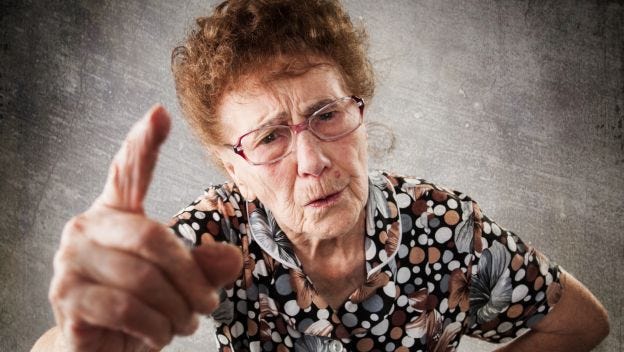What Mrs. Snodgrass Taught Me About Forgiveness

Jordy and I were best buds until that fateful day when Mrs. Snodgrass stepped into our grade two class. She was a rather big and imposing substitute teacher. All was going reasonably well until she bent over to help the student sitting in front of me. Jordy, who was sitting behind me, took out his ruler and gave Mrs. Snodgrass a slap on her backside. Now, you need to realize that Jordy was extremely quick and was able to get back into his desk and assume an air of innocence before Mrs. Snodgrass could turn around. For some strange reason, I couldn’t stop laughing. As Mrs. Snodgrass glared at the class, her eyes fell on the one person who thought this was the most hilarious event to ever occur at Caronport Elementary School. In her eyes, I was obviously the guilty party. She accused me, yelled at me and threatened to give me a strap. The only thing that saved me was that she didn’t see the ruler-wielding culprit in action and she couldn’t force a confession out of me (I did manage, between guffaws, to deny all wrongdoing).
As I reflect on this memorable experience, I am mindful that that we are sometimes wrongly accused or people misinterpret our motives. Obviously, there are times when we need to defend our innocence or explain our motives. Yet, I am mindful of the counter-cultural example of Jesus who “did not retaliate when he was insulted, nor threaten revenge when he suffered. He left his case in the hands of God, who always judges fairly” (1 Pet. 2:23 NLT). I would like to have more of Jesus’ grace and humility in my heart as I interact with those who may think that I’m the culprit.
